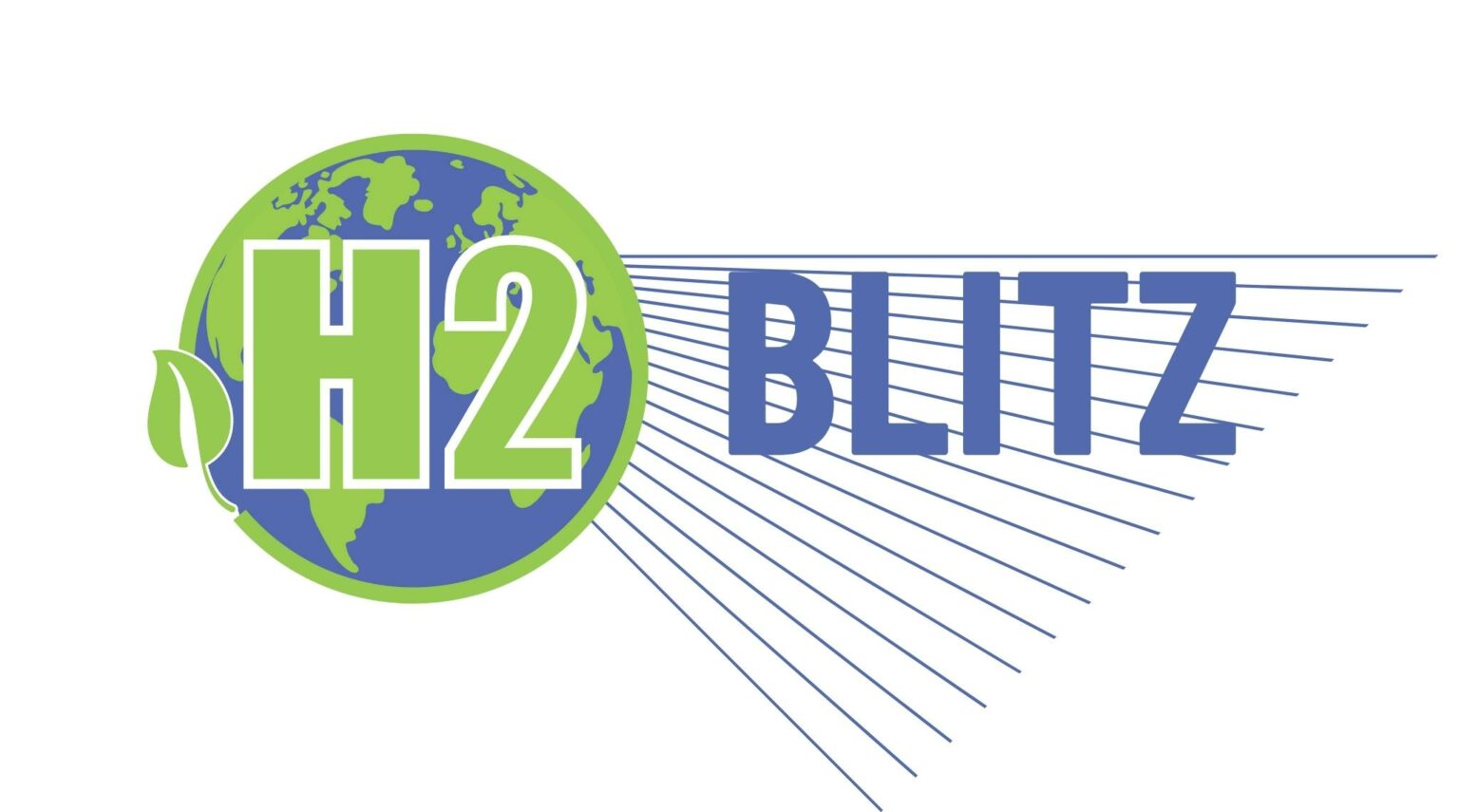PowerCell and partners work on hydrogen fuel cell infrastructure demo
A collaborative field test was carried out by the Port of Gothenburg, Skanska, PowerCell Group, Hitachi Energy, Linde Gas, Volvo Group, and Skagerak Energy to showcase the newest advancement in hydrogen-electric power infrastructure: the containerized Hyflex system.
In order to develop a new product named Hyflex, PowerCell Group, a global leader in hydrogen-electric solutions with innovative fuel cell stacks and systems, teamed up with Hitachi Energy, a global pioneer in technologies promoting sustainable energy. The product is a versatile container solution for emission-free power production that may be applied to a variety of scenarios. Hyflex generates power off the grid using green hydrogen, a 100kW hydrogen fuel cell from PowerCell, and batteries. This process eliminates greenhouse gas emissions. The project partners showed that the solution is prepared to replace fossil fuel solutions in real-world operations from March 4–17 in the Port of Gothenburg.
DNV AiP for TECO 2030 hydrogen fuel systems
DNV has granted TECO 2030 another Approval in Principle (AiP) for compressed hydrogen fuel systems.
The DNV’s Approval in Principle, which confirms the practicality and safety of TECO 2030’s compressed hydrogen fuel system design, has no stipulations that could be deemed unacceptable.
These systems, which include the bunkering system, inerted tank connection space, fuel storage hold area, fuel supply system (including pressure control), and gas relief system, are made to work with any kind of ship.
St Helens Borough Council adds new EVs and hydrogen waste truck
Over thirty new electric cars (EVs) and an electric waste truck fuelled by hydrogen have been delivered to a council.
The St Helens Borough Council has added six Ford E-Transits, twenty-three Toyota Proace electric vans, and two kerbside electric recycling trucks to its fleet of zero-emission vehicles.
In keeping with its goal of reaching net zero by 2040, the council is also using an electric garbage collection vehicle powered by hydrogen that was specially manufactured by the German manufacturer Faun Zoeller.
Lewis County Transit welcomes first hydrogen-powered buses
Lewis County Transit welcomed the first of three hydrogen-powered buses it will add to its fleet this year. The public transportation system’s fleet of diesel-powered buses is aging and requiring more repairs.
The new bus, which was made at New Flyer’s Anniston, Alabama, production factory, was undergoing acceptance checks by Lewis County Transit personnel and New Flyer executives.
The U.S. Department of Energy provides funding for the Pacific Northwest Hydrogen Hub (PNWH2), which includes Lewis County Transit.
Hazer Group raises $5.4 million for hydrogen production
Through a share purchase plan (SPP), Hazer Group has raised about $5.4 million, advancing its objective of increasing the production of hydrogen and graphite from its commercial demonstration plant (CDP) in Western Australia.
The goal of the SPP, which ended on March 15, was $4 million, however Hazer raised much more than that amount ($5,393,000 before expenses).
In total, 2,696,500 options and 10,786,000 fresh shares were applied for in this.
EKPO bags fuel cell stacks order from FAW Group
A deal for the development and supply of fuel cell stack modules has been inked by China’s FAW Group and Germany’s EKPO Fuel Cell Technologies GmbH. The “NM12-Single” platform prototypes will be employed in a next-generation fuel cell car under the upscale Hongqi brand from FAW.
The new agreement strengthens EKPO’s relationship with China, which has long been actively advancing its hydrogen economy. In 2022, EKPO established a subsidiary in China and expanded its development and production capabilities.
Relocation and establishment of two hydrogen stations in Aichi Pref.
In response to the anticipated rise in hydrogen demand brought on by the growing popularity of large fuel cell (FC) commercial vehicles, Toyota Tsusho Corporation (“Toyota Tsusho”) announced today that it has completed construction for the relocation and establishment of two existing hydrogen stations run by Toyota Tsusho Air Liquide Hydrogen Energy Corporation in Aichi Prefecture. In March 2024, the stations started up.
Large FC vehicles, including as FC trucks and buses, have been created recently and are anticipated to form the basis of FC vehicles. Beginning in 2015, Toyota Tsusho managed the Toyota Interchange Hydrogen Station in Toyota City and the Nagoya Atsuta Hydrogen Station in Nagoya City. Both of these stations were constructed with FC passenger cars in mind, which were just beginning to be sold at the time.
